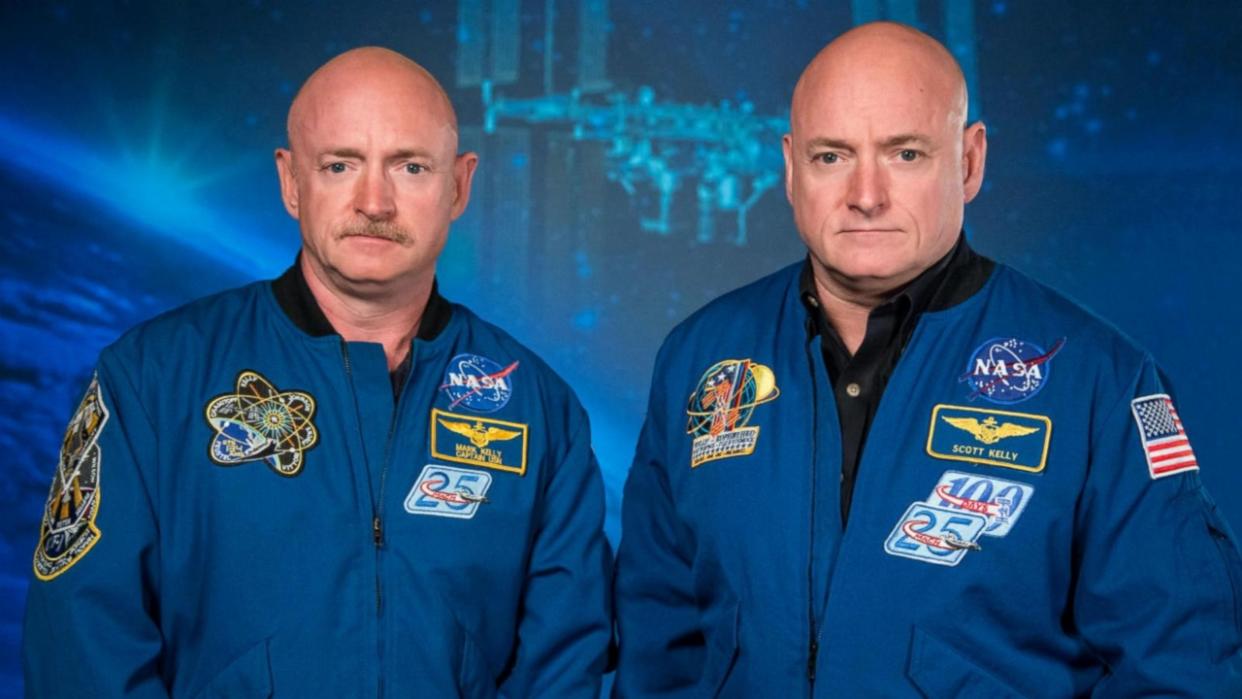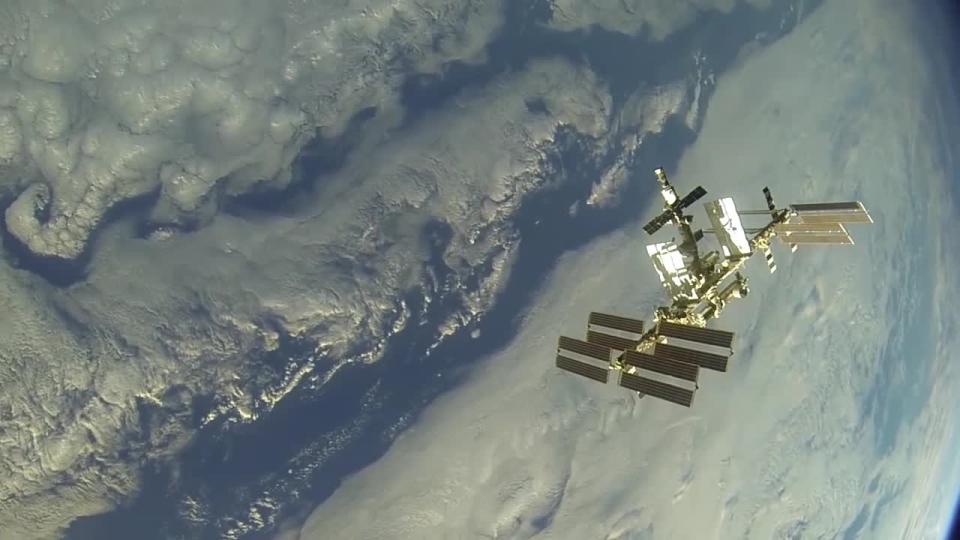Twin astronaut’s DNA changes by 7% after a year in space in ‘unexpected’ find

An astronaut who spent a whole year in space as part of a NASA mission found that 7% of his genes had changed – in what NASA described as an ‘unexpected’ find.
Scott Kelly, who undertook the mission as part of NASA’s Twins Study, joked that it was ‘good news’ as he was no longer identical to his twin Mark, who remained on the ground.
After his year on the International Space Station, NASA investigators found ‘hundreds of unique mutations.’
Some changes included ‘cell-free’ DNA in the blood, and changes in the telomeres, caps on the end of chromosomes which are involved in the ageing process.

Two years later, 7% of the changes remain – although NASA explains that it doesn’t mean that his DNA has changed forever, it’s how his genes are expressed.
What? My DNA changed by 7%! Who knew? I just learned about it in this article. This could be good news! I no longer have to call @ShuttleCDRKelly my identical twin brother anymore. https://t.co/6idMFtu7l5
— Scott Kelly (@StationCDRKelly) March 10, 2018
The space agency said in a statement, ‘Mark and Scott Kelly are still identical twins. Scott’s DNA did not fundamentally change.
‘What researchers did observe are changes in gene expression, which is how your body reacts to your environment. This likely is within the range for humans under stress, such as mountain climbing or SCUBA diving.
MOST POPULAR TODAY ON YAHOO
Freezing weather expected this weekend as Met Office issues yellow warning for snow and ice
Watch: Shocking moment gang member grabs pen and attacks witness in court before being shot dead
Memorial benches installed by relatives of the deceased ‘are turning beauty spots into graveyards’
‘The change related to only 7 percent of the gene expression that changed during spaceflight that had not returned to preflight after six months on Earth.
‘This change of gene expression is very minimal. We are at the beginning of our understanding of how space flight affects the molecular level of the human body. NASA and the other researchers collaborating on these studies expect to announce more comprehensive results on the twins studies this summer.’

 Yahoo News
Yahoo News 

